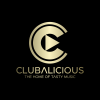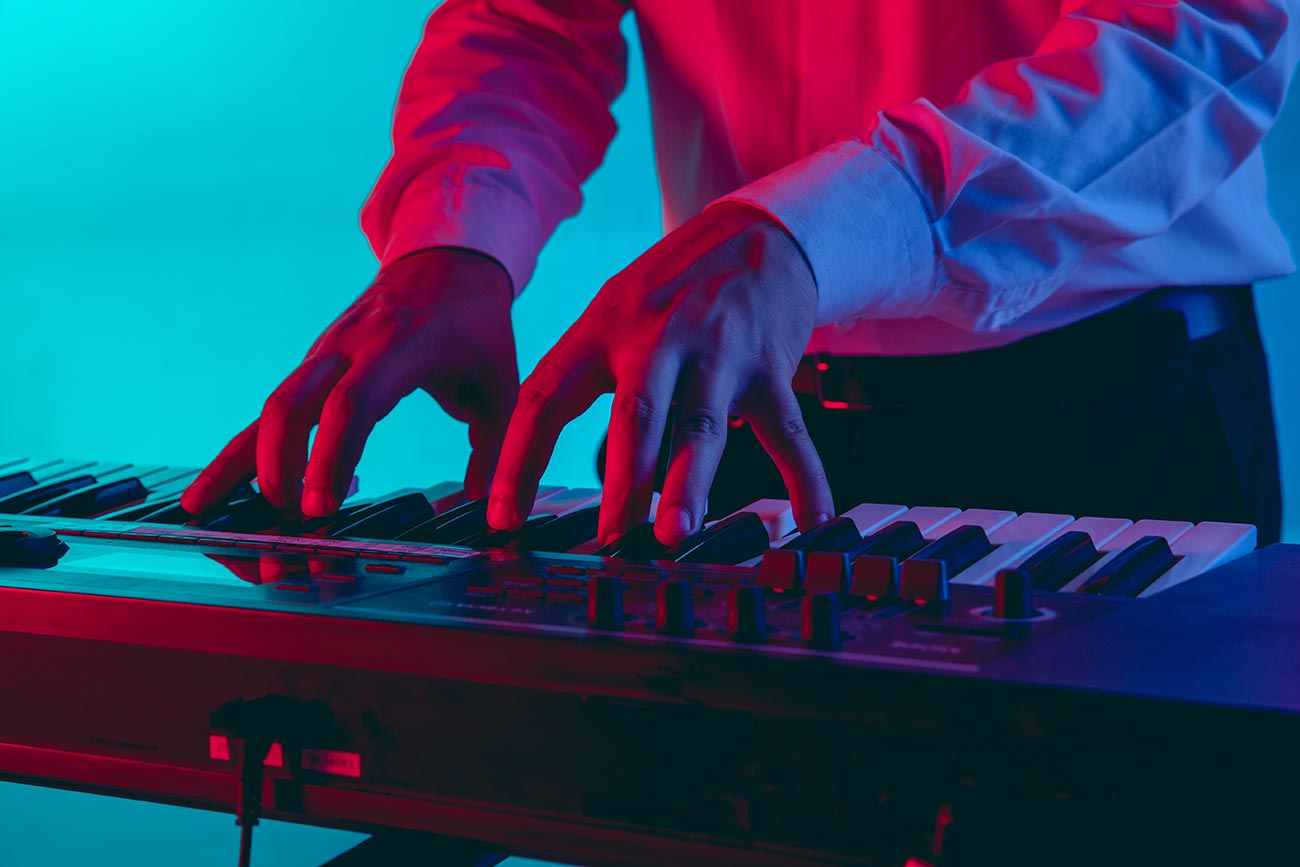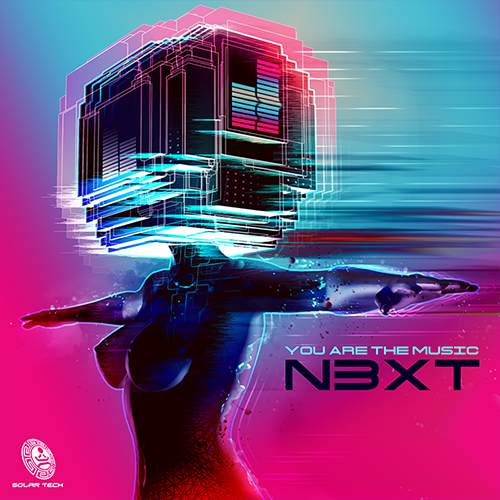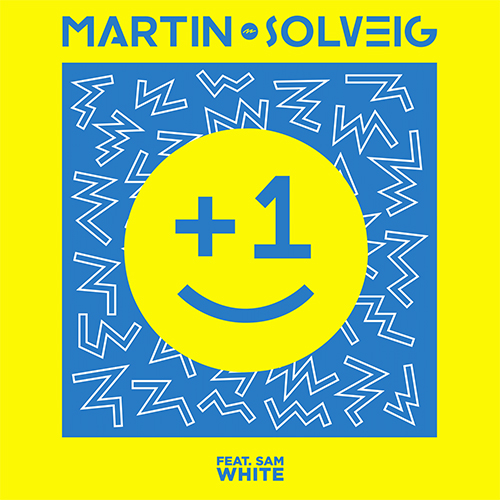-
 play_arrow
play_arrow
Clubalicious Clubalicious Radio
-
 play_arrow
play_arrow
London Calling Podcast Yana Bolder

The only reason we know about ancient Mayan culture is because as the conquering Spaniards destroyed it, they documented it—on paper that’s almost 500 years old. Our knowledge of the Sumerians comes from thousands of stone tablets. And Egyptian hieroglyphics, written on papyrus scrolls and other physical objects, tell us about their culture.
Fortunately, centuries from now, historians will have no problem playing back our 21st century musical artifacts. Despite CDs and tapes becoming unreadable by then, it won’t matter—historians will be able to stream the fruits of our artistic genius from the cloud!
Yeah, right.
Seriously, though, there’s an even more challenging problem in the future than playing back dinosaur formats. By that time, vast amounts of our audio heritage will likely have been destroyed, not by natural disasters but by the self-inflicted wounds of greed, carelessness, ignorance and apathy.
In this first part of a three-part series, we’ll cover what we’ve lost, and why we lost it. Next month, we’ll delve into the race against time to preserve our shared musical legacy. Finally, we’ll analyze the daunting topic of what to do next—how to preserve the past, and how to handle the yottabytes of data being generated now. Not to mention the brontobytes on the horizon….
GUARDIANS OF THE GALAXY?
Record companies and multinational corporations have not always been good stewards of our musical heritage. Perhaps they took the transitory nature of pop music as a permission slip to be careless. But as Ral Donner sang back in the ’60s, “You don’t know what you’ve got, until you lose it.”
Those working on the music of their time probably didn’t consider that one day, record companies would frantically search for multitrack tapes and masters so they could use improved technology to revisit older music.
The most famous example of music literally going up in smoke was the Universal Music Group fire of 2008. According to The New York Times Magazine and other sources, it’s estimated that the losses involved half a million song titles, including masters from 50 Cent, Aerosmith, Aretha Franklin, B.B. King, Beck, Buddy Holly, Chuck Berry, Duke Ellington, Elton John, Eminem, Eric Clapton, Etta James, Fats Domino, Iggy Pop, Janet Jackson, Joan Baez, Joni Mitchell, Judy Garland, Les Paul, Loretta Lynn, Louis Armstrong, Merle Haggard, Neil Diamond, Nirvana, No Doubt, R.E.M., Ray Charles, Sheryl Crow, Soundgarden, Steely Dan, Steve Earle, The Eagles, The Mamas and the Papas, The Roots, Tom Petty and the Heartbreakers, Tupac Shakur, Yoko Ono—and that’s just a partial listing.
UMG is not alone. In the late ’50s, Sun Studios in Memphis sent some early Elvis masters to the landfill. A 1978 fire at Atlantic Records’ New Jersey warehouse destroyed master tapes by John Coltrane and Ray Charles, as well as unreleased masters, sessions and alternate versions recorded between 1948 and 1969. All told, the fire destroyed an estimated five to six thousand reels of tape, many of which had not been copied.
In 2011, a fire at the Sony Music warehouse in London destroyed mostly stock, but also masters from independent labels that stored their assets in the warehouse. Some of Adele’s early recordings were lost, as were Chemical Brothers masters.
But fire hasn’t been the only enemy. Tape is bulky, expensive, heavy, prone to deterioration over time, and takes up a lot of storage space. After recordings were made from the mixed tapes, keeping the originals was not a priority. Due to tape shortages and limited storage, for example, the BBC erased many early recordings—including music by the Beatles and David Bowie—so that the tape could be reused. And of course, the very earliest wax cylinder and acetate recordings simply couldn’t handle the ravages of time.
BEING DIGITAL
But let’s circle back to UMG. Pushing back strongly against the Times article, UMG disputed the severity of the fire. Then again, according to an article in Billboard magazine, UMG claimed originally that, “We had no loss, thankfully.” A subsequent UMG statement said, “While there are constraints [presumably, legal ones, this writer is guessing] preventing us from publicly addressing some of the details of the fire…the incident—while deeply unfortunate—never affected the availability of the commercially released music nor impacted artists’ compensation.”
I’m not here to pass judgment on UMG, so I’ll just presume the last part means, “Yes, the masters and multitrack tapes burned up, but copies exist, the recordings were released into the world in digital format, and we keep track of sales and royalties. So, does it really matter?”
On one hand, I’m inclined to agree that if the music was released in a digital format, it hasn’t been “lost” in the sense of “no one will ever hear this again.” However, there are situations where something has indeed been lost forever, like for artists who want to release remixed or remastered versions (e.g., Steven Wilson’s XTC remixes hit a roadblock when tapes for English Settlement were missing).
Or consider companies that want to mine vaults for alternate takes, and those who believe the original masters—which in many cases were almost certainly one or two generations removed from the digital copies—are precious artifacts from our musical history.
Still, trying to locate older media, their inevitable deterioration, and proper restoration are all vexing issues. You have to ask yourself, “Are some problems intractable?” Stay tuned for Part 2 in next month’s Open Channel.
Written by: Admin
Similar posts
Recent Comments
No comments to show.Featured post

Latest posts
Current show
Upcoming shows

Future Disco
Carley Foxx
16:00 - 17:00
Finnish Dance Chart
Top 40 Hottest Dance Tracks In Finland
17:00 - 19:00
Femme House
Lp giobbi
19:00 - 20:00
Day Dreaming Radioshow
Day Dreaming Radioshow
20:00 - 22:00
Fresh Is Fresh
THIS WEEKS HOTTEST DANCE RELEASES FROM DEE JAY PROMOTIONS
22:00 - 00:00Chart













